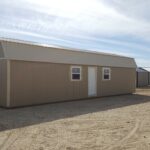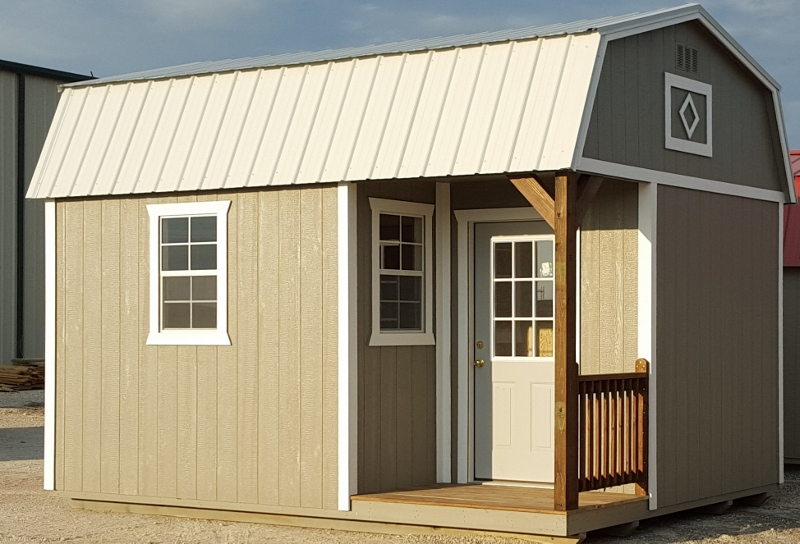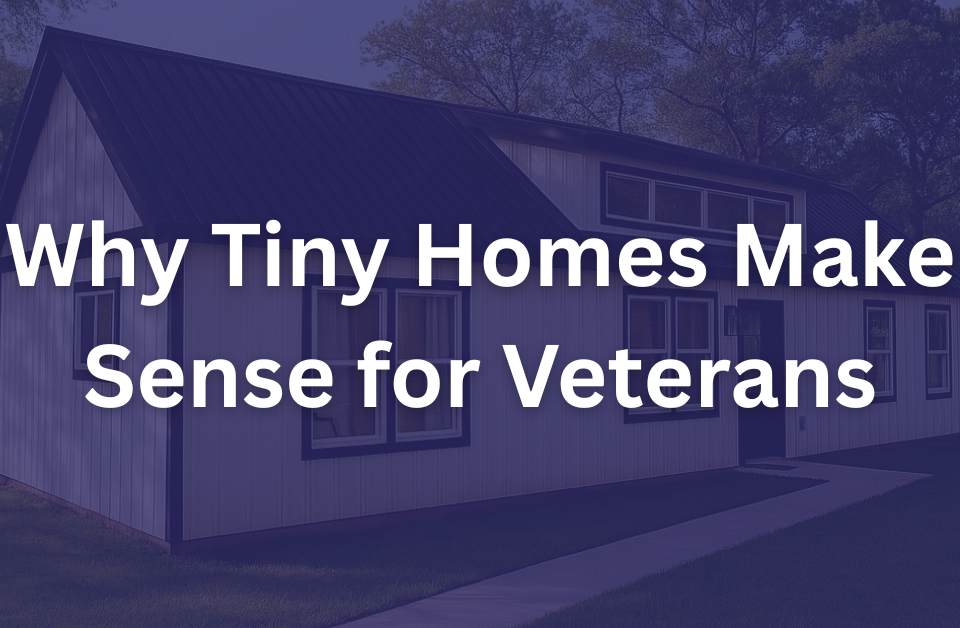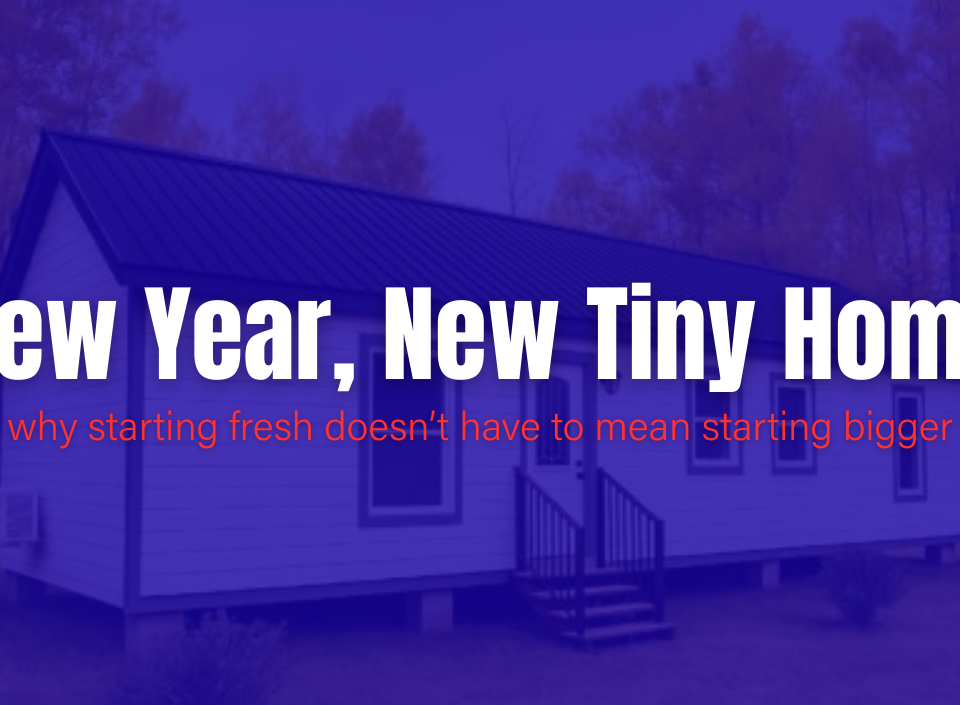
Wolf Valley Sheds vs. Other Brands: What Sets Us Apart
June 12, 2025
Top 5 Mistakes When Buying a Shed (And How to Avoid Them)
June 14, 2025Do You Need a Permit for Your Backyard Shed? What to Know 📝
What about backyard shed permits? Planning to build a backyard shed can be exciting—extra storage, a workshop, a home office, or even a small retreat. But before construction begins, one important question always comes up: Do you need a permit for your backyard shed?
At Wolf Valley Buildings, we guide our customers through the process, including what’s often the most confusing part: backyard shed permits. Understanding your local rules upfront can save time, money, and frustration later.
Here’s what you need to know before building your shed.
Why Backyard Shed Permits Matter
Every city, county, and state has its own rules when it comes to building structures on private property. These rules exist to ensure buildings are safe, properly located, and don’t interfere with public utilities or neighboring properties.
Backyard shed permits serve several important purposes:
Confirm the structure meets safety standards.
Ensure it’s properly placed on your property.
Prevent conflicts with property lines or utility easements.
Comply with local zoning codes.
Protect future property value and resale.
Failing to secure required permits can result in fines, forced removal of the shed, or trouble during future real estate transactions.
👉 (Related: What Sets Wolf Valley Sheds Apart).
When a Backyard Shed Permit Is Required
Whether or not you need a permit often depends on the size, location, and use of your shed. While requirements vary, permits are often needed if:
The shed exceeds a certain square footage (often 120-200 sq ft).
The building will include electricity or plumbing.
The shed will serve as a living or sleeping space.
The structure will be placed close to property lines, fences, or easements.
The shed has a permanent foundation.
Some jurisdictions require permits for nearly all permanent structures, while others allow smaller sheds without formal permits. Always check your local code enforcement office for specific requirements.
When You May Not Need a Backyard Shed Permit
In some areas, smaller sheds may not require a permit if they meet certain conditions. Exemptions may apply if:
The shed is under the maximum size limit.
It’s not used for living space.
Remains portable or temporary.
Does not include electrical or plumbing systems.
Meets setback distance requirements.
Even if a permit isn’t required, you may still need to follow rules about shed placement and property boundaries.
👉 (Related: Backyard Storage Sheds).
Who Handles the Permit Process?
Ultimately, the property owner is responsible for securing permits. However, Wolf Valley Buildings works closely with customers to help them navigate local requirements. In many cases, we can:
Provide drawings, measurements, and documentation for your permit application.
Advise on typical permit requirements for your region.
Help you design your shed to meet local code.
While we can’t apply for the permit on your behalf (since rules vary by municipality), we make sure you have the information you need to submit paperwork confidently.
👉 (Related: Why a Quality Shed Is Worth the Investment).
Don’t Guess — Always Check Your Local Rules
Every city, county, and HOA has slightly different regulations. Before your shed project begins, check with:
Local city or county building department.
Zoning office or code enforcement.
HOA or neighborhood association (if applicable).
State building codes, if required.
Confirming your legal requirements before construction begins ensures you stay compliant and avoid costly headaches down the road.
How Wolf Valley Buildings Simplifies the Process
At Wolf Valley Buildings, we believe shed buying should be simple—not stressful. Our team walks you through design, placement, and common permitting considerations during your initial consultation.
Working with Wolf Valley Buildings means:
Getting expert advice on design choices that meet local regulations.
Receiving professional building plans for permit submissions.
Ensuring your building is constructed to meet or exceed code requirements.
Avoiding costly mistakes from non-compliant structures.
By helping you address permits early in the process, we eliminate delays and keep your shed project running smoothly.
Permits May Feel Intimidating, But They’re Manageable
Many homeowners delay their shed project because they feel overwhelmed by permit rules. The truth is, backyard shed permits are usually straightforward once you know what’s required.
The key is preparation. Gather information, ask questions, and work with an experienced builder who understands the process. Wolf Valley Buildings has helped countless homeowners through this very process, and we’re ready to help you too.
Start Your Backyard Shed Project with Confidence
If you’re ready to build your dream shed but aren’t sure where to start with backyard shed permits, Wolf Valley Buildings can guide you every step of the way.
👉 Contact Wolf Valley Buildings today to start your shed project. We’ll help you navigate permits, design, and delivery—all the way to your finished building.
Internal Links:
What Sets Wolf Valley Sheds Apart
Why a Quality Shed Is Worth the Investment
Website Page Linked:
Wolf Valley Buildings Home Page
https://www.urban-sheds.com/post/texas-shed-permits-and-regulations





